By: Yasmin Abusayma, a freelance writer and translator from Gaza, Palestine
I was 14 years old when I first heard about the word “blockade.” I still remember the moment I asked my mom what it meant.
She answered, trying to make it as simple as she could for a young teenager. “Israel will have total control over our life as it seems. More restrictions will be imposed upon us, they say. Nobody knows when this will end and how long it will take. The situation does not bode well.”
I pretended to understand what she meant.
Also Read: When the Sumud Flotilla Didn’t Reach Gaza
Now I know.
The blockade is a suffocating siege imposed by Israel on the Gaza Strip following the legislative elections in 2006 that were won by Hamas. Hamas took full control of Gaza that subsequent June and Israel tightened the siege.
Since then, everyone in Gaza has been kept on the brink of a humanitarian disaster with few prospects for a better future and hardly any chance of improving our present.
Since then, it has been impossible to import the necessary equipment to improve Gaza’s infrastructure, from sewage to roads. We have a constant shortage of medicine. Most construction materials are banned along with new technology.
Also Read: Noble Effort in Caring Senior Citizen; Best Practices from Indonesia to the World
Since then, Gaza has stagnated and poverty has spiked.
And since then, I’ve not been able to leave Gaza. Fifteen years of not leaving Gaza, not for a day; 15 years of suffering that doesn’t seem to have an end; 15 years of electricity cuts; 15 years of drones hovering up in the sky eating away at my peace of mind.
The list goes on.
Cut off and misunderstood
Also Read: Open Letter to President Prabowo Subianto: Never Recognize the Sovereignty of Zionist Israel
I became a mother. I wanted to buy a certain toy for my daughter’s birthday. I could only find it online, because it is not available here. I went through AliExpress, an online shopping platform that is part of the Chinese Alibaba Group.
But when I chose an item to buy I learned the platform did not support addresses in Palestine.
How do you explain that to a 3-year-old kid who just wants to play?
How do you explain that you can’t open a PayPal account if you are Palestinian in occupied territory?
Also Read: Measuring the Reality of the Israel-Palestine Two-State Solution
I work as a freelance translator and writer. When I started out, many clients asked me to create a PayPal account for money transfers. But only Israel is listed; there’s no Palestine. It angered me. So I had to find an alternative.
I once worked with a German here in Gaza who was complaining about the dry conditions.
“Why is water here so salty,” I remember her asking me. “Is there anything you can do to protect your hair?”
I sat silent for a moment, contemplating a suitable answer. In the end I copped out.
Also Read: Tunisian Man Donates Boat to Global Sumud Flotilla, Citing “Gaza Is Worth More Than Anything”
“We got used to it.”
The truth, as she probably should have known, is that 97 percent of Gaza’s tap water is undrinkable.
The inability of authorities here to repair sewage networks because of Israel’s blockade, combined with imposed electricity cuts affecting sewage treatment plants, means 80 percent of Gaza’s sewage goes untreated into the sea. The rest finds its way into Gaza’s underground aquifer, poisoning the water. Hence its salty taste.
I am 28 years old. I now understand what my mom meant: We are isolated from the world, just as the world is isolated from us.
Also Read: The Sunnah of Eclipse Prayer: A Step-by-Step Guide
Shattered goals
“The 15-year blockade has devastated my life as a football player. My dreams have been crushed as a result of living in this open-air prison. Our life in Gaza is getting harder and harder every day,” said Hilal al-Ghawashi, 25.
Hilal lives in Zawayda in the central Gaza Strip, and has a diploma in public relations from Palestine University. But for now, he is following his passion as a professional football player.
In fact, the young man is one of the best football players in the Gaza Strip. For now, that is all he will ever be. Gaza’s football clubs can rarely compete outside Gaza because they need Israeli permits to leave. They can’t even play in the West Bank, which Hilal had otherwise set his sights on, for the better training and better pay.
Also Read: Reflecting on Road Engineering: An Effort Toward Driving Safety
In 2019, Hilal’s club, Khadamat Rafah, made it to the Palestinian cup final. There they should have played the West Bank’s Markez Balata, with the winner qualifying to the regional Asia cup competition.
But of 22 players and 13 club officials, only four were granted exit permits by Israel, said Hilal. And even after the intervention of the Israeli rights group Gisha, only 12 people got the permits, including six players. A full team without substitutes needs 11.
“My application for a permit, along with the remaining team members, was denied under the pretext that we pose security threats. I don’t belong to any political party,” Hilal told The Electronic Intifada.
In this way, Hilal said, he has missed many opportunities over the years due to Israel’s restrictions on movement. He has been offered a contract to play for Balata in the West Bank as well as the Hilal al-Quds club, but both times his application for a permit was denied.
Also Read: Stop the War Now
“I have no idea on what basis Israel denies the permits of sports players. It is so unfair. I aim for the highest. I want to be the best player in the world, yet Israel is standing in my way.”
If only …
Ali is from Deir al-Balah. The 21-year-old has a diploma in business administration. He volunteered at Gaza’s health ministry for a year before having to stop for health reasons.
Eventually, Ali – who did not want to give his real name for fear it might affect his ability to leave Gaza for treatment – is now diagnosed with ulcerative colitis, a chronic condition of the colon.
Also Read: From Indonesia’s Zero Point, Three Muslim Women Raise a Flag and a Call for Humanity for Palestine
Though chronic, it is manageable with the right medicine and treatment. Ali has undergone surgery in Gaza, but is seeking better treatment outside. Gaza’s health care system has been under extreme pressure as a result of Israel’s blockade and the Covid pandemic.
“For years, I appealed to all relevant institutions and officials to seek treatment outside Gaza. Only in May this year was I able to obtain a medical referral for treatment in the West Bank through coordination by the ministry of health.”
Now he is waiting to see if he can obtain the necessary finances to go to the West Bank, where he will undergo surgery. And he is waiting to see if he can receive regular treatment outside Gaza as his condition necessitates.
Ali pointed out that while there has been a decline in the number of medical referrals Israel granted in 2021, according to the World Health Organization, that’s only true out of Gaza.
Also Read: The Virtues of a Journey to Al-Aqsa Mosque
“The average number of referrals from the West Bank remained stable,” Ali said, another way in which the blockade on the impoverished coastal strip is harming him and others.
“I feel like I am locked in a small cage. My wings are clipped. Having access to basic essential rights is a dream that never came true. My life stopped the moment I knew I had a serious health problem. Because in Gaza, you die a thousand times before you get treatment.”
His inability to work has had wider ramifications. His father, a farmer, had relied on both Ali’s income and his help to also care for three brothers and two sisters.
Like many in Gaza, Ali wonders what might have been.
“If there was no blockade, I would have been an engineer working in my own company. I would be healthy enough to play football. I would have been able to have my own family. And even if none of that happened, I would at least have been a free human being.” (T/RE1)
Sources: https://electronicintifada.net/content/gaza-you-die-thousand-times/35961
Mi’raj News Agency (MINA)






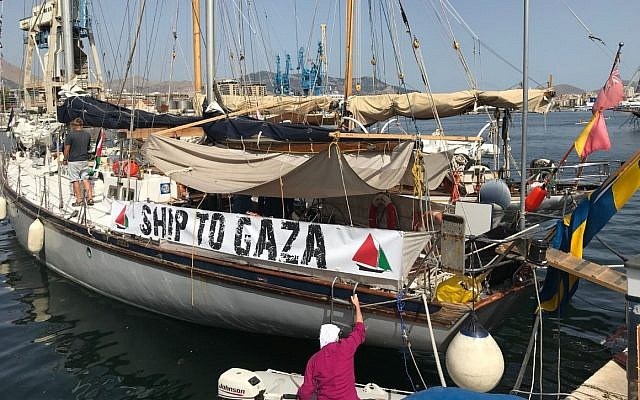


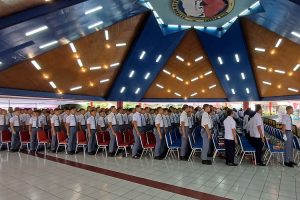

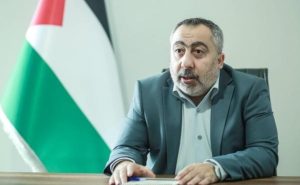
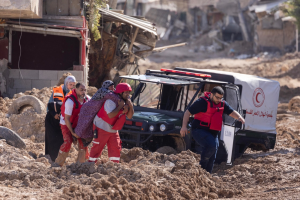
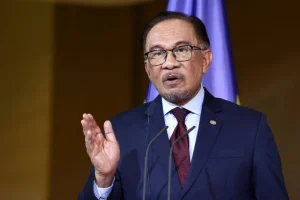
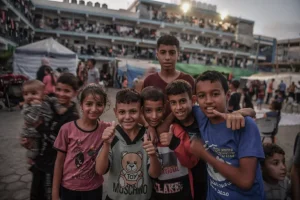
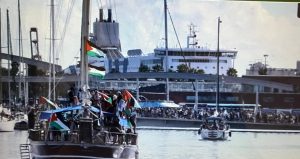
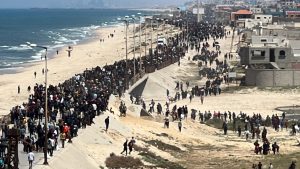
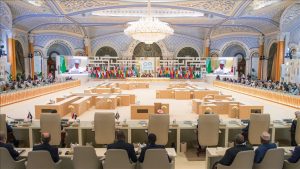
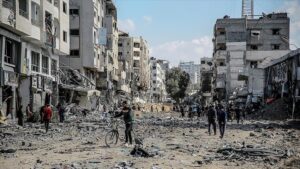
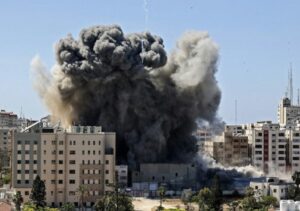
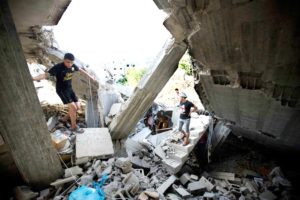




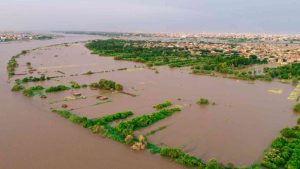
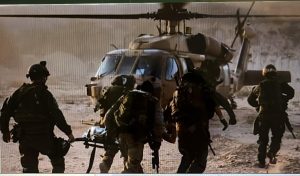
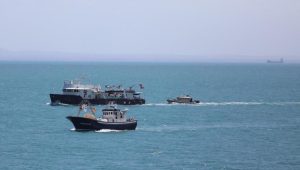

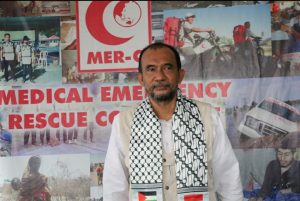




 Mina Indonesia
Mina Indonesia Mina Arabic
Mina Arabic